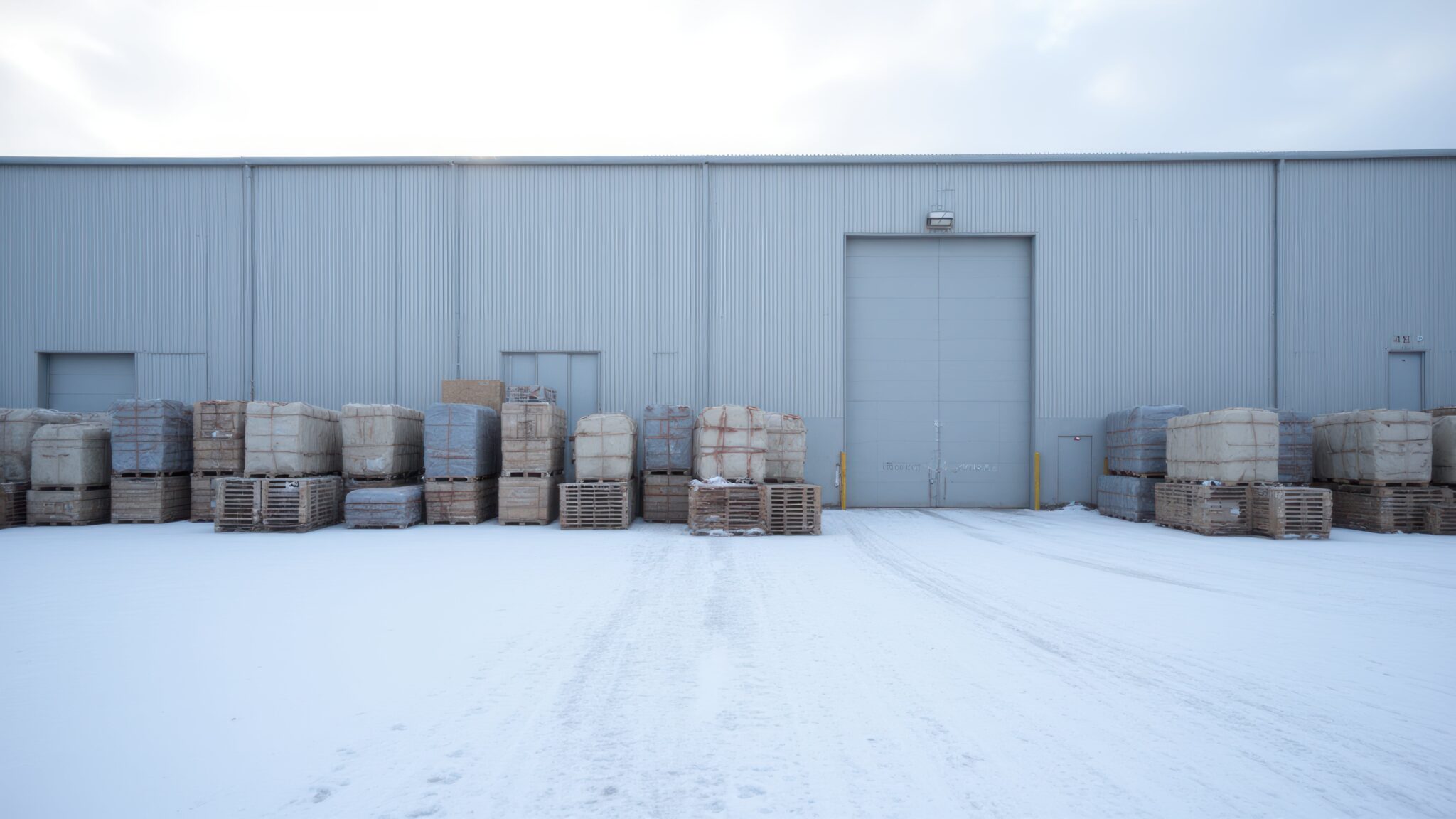
In today's world, the safe transportation and storage of sensitive products such as food, pharmaceuticals, and chemicals have become possible thanks to cold chain logistics. Especially for these products where temperature control is critical, improper transportation can lead to quality loss and health risks. Cold chain and refrigerated transportation ensure that these products are kept within the necessary temperature ranges from the point of production to the consumer, preserving their freshness and effectiveness. Many food items, from fresh fruits and vegetables to meat products, and in the pharmaceutical industry, special substances like vaccines and biological products are safely transported thanks to this logistics system.
What is Cold Chain?
The cold chain is a logistics system where temperature is maintained to ensure products reach the end consumer without damage. Temperature ranges vary from -30°C to +8°C, and these ranges are meticulously monitored to protect the quality and safety of the products. Any temperature fluctuation can cause spoilage of the products and health issues upon reaching the end consumer. To learn more about cold chain logistics, you can review our article titled “10 Points About Cold Chain Transportation.”
Why is Cold Chain Logistics Important?
Perishable food products such as fresh produce, dairy products, meat, fish, and vegetables can quickly lose quality if not stored at appropriate temperatures. Maintaining temperature control during transportation and storage is crucial for protecting consumer health and preventing food waste. Vaccines and medicines need to be stored under specific temperature conditions to remain effective. Especially for temperature-sensitive products like COVID-19 vaccines, distribution has become possible thanks to cold chain logistics.
What is Frigo Transportation?
Cold transportation is a branch of logistics that enables products to be transported without damage using vehicles equipped with temperature control (refrigerated vehicles). The term "refrigerated" refers to the transportation of cooled or frozen products, and this transportation plays a vital role in preserving their freshness. Refrigerated transportation is widely used in the following sectors:
- Food (fresh and frozen products)
- Pharmaceutical and healthcare (vaccines, medicines)
- Chemical and industrial product transportation
What is Cold Storage?
Cold storage is the process of storing products in controlled temperature environments. Keeping products at appropriate temperature and humidity levels slows down spoilage. This way, food items stay fresh longer and their quality is maintained. For example, fruits and vegetables can be offered to consumers even out of season thanks to proper cold storage conditions. It increases the availability of different products throughout the year.
Applications of Cold Chain
Cold chain applications are of great importance in food logistics, especially for the safe transportation of sensitive products such as dairy products, frozen foods, meat, and fish.
The pharmaceutical and healthcare sector also requires cold chain practices. The distribution of vaccines, serums, and other medical products sensitive to temperature depends on maintaining specific temperature ranges.
Chemical transportation also benefits from cold chain applications. The safe logistics of chemical substances that need to be transported at certain temperatures is essential for the proper functioning of industrial processes.
With developments in the e-commerce sector, the proliferation of online platforms delivering fresh food has made cold chain logistics even more critical. Delivering fresh and high-quality products on time and safely provides a competitive advantage.
Cold chain logistics and refrigerated transportation have become indispensable parts of today's supply chains. They are crucial in many sectors from food safety to pharmaceutical transportation. By preserving the freshness and quality of products, they offer significant advantages to both consumers and businesses. Good cold chain management also reduces costs and increases customer satisfaction.



